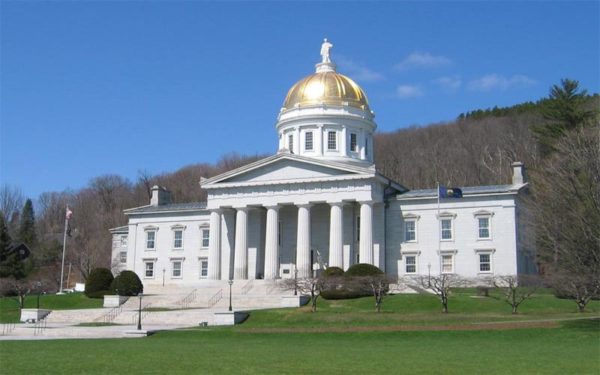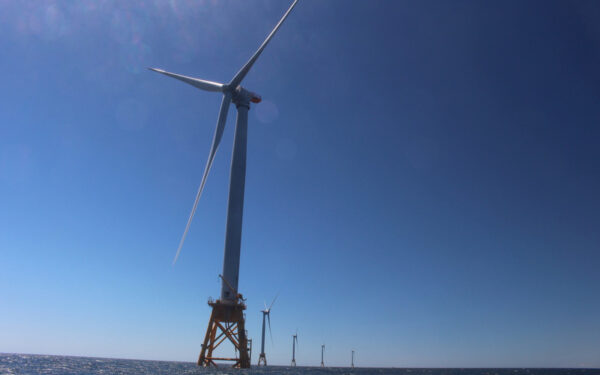
CLF took the Maine Public Utilities Commission to court today for underfunding the state’s three-year energy efficiency budget by $30 million – resulting in losses of $270 million dollars for Maine citizens and businesses. You read that right – shortchanging energy efficiency translates to lost benefits totaling hundreds of millions of dollars for hardworking Mainers.
In standing up before Maine’s highest court today, I argued that the Commission’s cuts to the state’s energy efficiency budget are illegal. The bottom line is twofold: First, Maine law requires the state to fund efficiency programs to the maximum cost-effective level possible to ensure residents and businesses can reap the financial benefits of those programs. The Commission’s $30 million shortchanging doesn’t even come close to meeting that legal requirement.
Second, as noted above, cutting funding for efficiency programs costs Mainers money. The underfunded budget means that many Mainers won’t be able to install the most energy efficient appliances possible. Instead, they’ll have to keep using – and paying higher electric bills for – older, energy-hogging appliances.
Why is energy efficiency such a smart investment? Because upfront expenditures reap enormous long-term benefits for everyone (not just those of us installing new appliances). Read on to learn more.
Energy Efficiency: it’s a win, win, win
Energy efficiency saves Mainers money without requiring us to change our habits or wear two sweaters in the living room. It can be as simple as switching out a regular old-fashioned bulb for a new LED one: you get the same amount of light for less cost.
Efficiency Maine Trust was formed to help every day Mainers with the upfront costs of switching to more efficient bulbs and appliances or installing energy saving measures like heat-saving insulation. Once installed, appliances such as high-efficiency water heaters and clothes washers use less energy and save people money on their monthly energy bill.
The energy and cost savings that one person or business can enjoy from efficiency efforts are impressive, but the savings really start to add up when you look at the state as a whole. Get enough people to cut down on energy use (without having to impact daily behaviors), and it can have very significant impacts – like less wear and tear on electric poles and wires, reduced demand for polluting fuel sources like natural gas, and decreased reliance on old, dirty power plants – all of which mean even more savings for every Maine citizen and business.
In 2016 alone, the Trust’s programs helped Mainers avoid more than $300 million in unnecessary energy costs and reduced climate-damaging greenhouse gas emissions by 119,000 tons. What’s not to love?
Maine’s Law on Energy Efficiency
Fortunately, Maine’s legislature agrees that energy efficiency is a smart investment. In fact, the law requires Efficiency Maine Trust to pursue the most energy efficiency savings possible, so long as they are cost effective. In other words, if an energy efficiency program saves more money that it costs, it has to be offered to Maine people. And it is the Commission’s job to ensure that the Trust’s budget is adequate to offer programs to accomplish all those savings.
But last year, the Commission failed to follow the law and instead underfunded the Trust’s programs.
The PUC’s Failure Costs Us All
That’s why we are holding the Commission accountable for costing Mainers millions of dollars in energy efficiency opportunities. Now, the three-year budget for energy efficiency is in the hands of Maine’s highest Court. We are optimistic that the Court will agree that the Commission’s actions were inconsistent with the law, but regardless of the outcome, CLF will keep fighting to promote and protect energy efficiency, because cutting costs, saving energy, and combating climate change doesn’t have a downside.




